World Bank continues to implement development plans in the MENA region
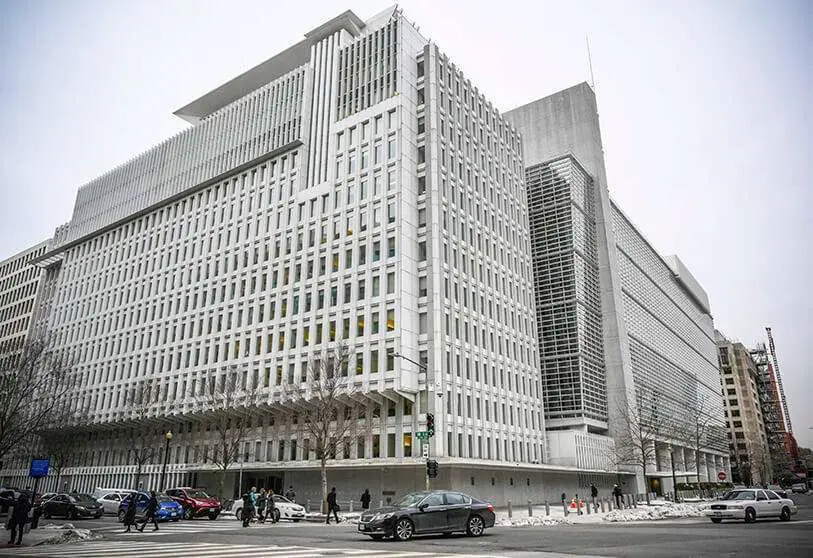
The MENA region continues to face different economic and humanitarian challenges strongly marked by the consequences of war and violence, especially in countries such as Syria, Yemen and Iraq. This has been compounded by the difficult situation exacerbated by the COVID-19 pandemic after it wreaked havoc on the global economy. Countries in the region, marked by fragility and conflict, have borne the brunt of the pandemic's spread after suffering significant health, economic and political damage.
Although the outlook for economic growth in the region is positive in the medium term, the World Bank continues to focus on supporting countries in the region to make progress in recovering from instability and laying the foundations for inclusive economic growth. In this regard, the World Bank unveiled in October 2015 an economic plan under a new regional strategy for the Middle East and North Africa.
This strategy, entitled "Economic and Social Inclusion to Foster Peace and Stability in the Middle East and North Africa", aims to promote peace and social stability in the region and has made a number of economic achievements in the region.
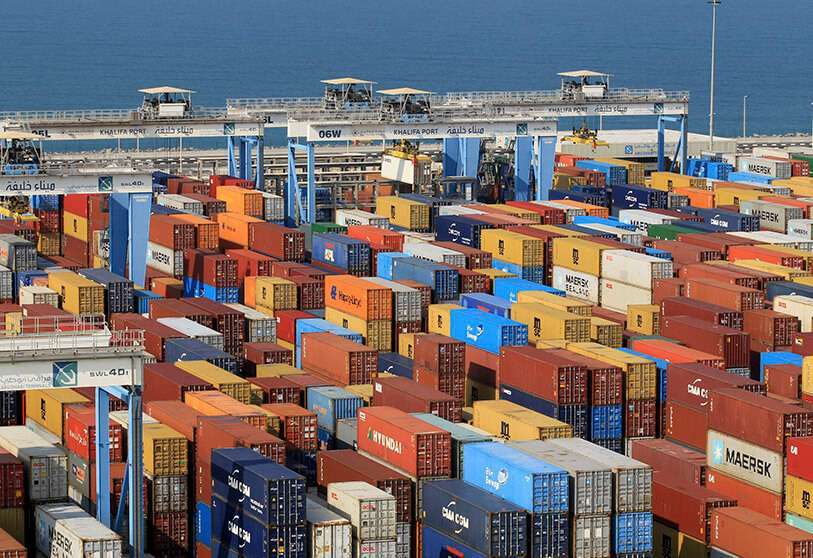
In Yemen, the Bank has mobilised USD 1.2 billion in grants from the International Development Association (IDA) and has managed to establish partnerships with United Nations agencies with the aim of helping 75% of the population in need of assistance. In addition, to address the challenge of famine, the Bank, UNICEF and private entities approved a $200 million emergency cash transfer scheme. This scheme would be based on Yemen's cash transfer system and benefit 1.5 million households, according to the World Bank.
Similarly, the delivery of cash transfers in Yemen has been implemented in all 333 districts of Yemen, reaching 1.33 million extremely vulnerable households.
In Iraq, the Bank continues to implement a number of projects that help to foster development in the country. However, the nation's GDP per capita continues to show the very low standard of living of its people, with a per capita GDP of EUR 3,833 in 2020, placing the country 111th out of 196 countries in the per capita ranking.
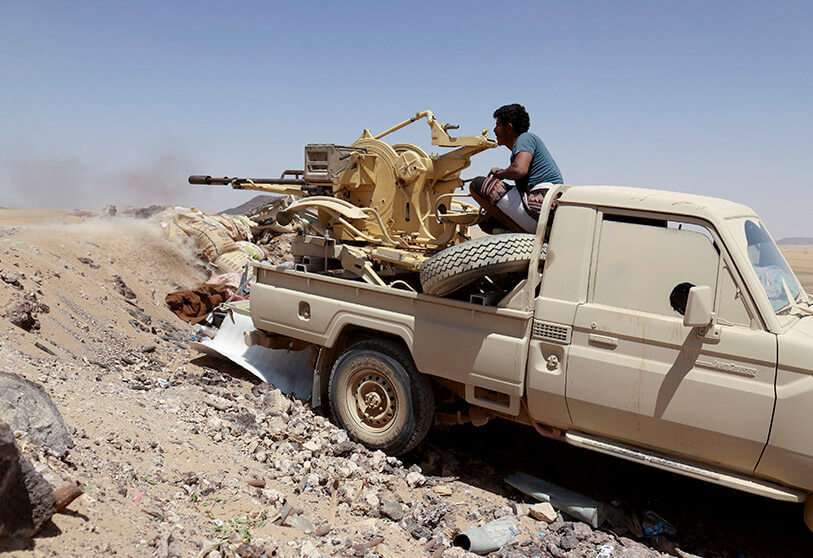
Egypt is another country in the region that has started to experience economic recovery after supporting the consolidation of public finances and at the same time, managed to improve safety nets for the most vulnerable population and ensured a reliable and sustainable energy supply. These measures were implemented following the approval of a €3.15 billion development policy financing programme.
With the reform of energy subsidies, Egypt is saving €1.4 billion annually and much of these savings are being channelled into strengthening social safety nets for the population most in need.
In this regard, Jordan has received a grant under the Social Resilience and Emergency Services Project helping 16 municipalities to respond to the growing demand for asylum and services due to the refugee overflow. Another scheme implemented in Jordan has contributed to the expansion of quality kindergartens and childcare services. The construction of these new schools has increased enrolment rates in primary and secondary education from 96.9% to 98.1% and from 60.4% to 76.9% respectively.
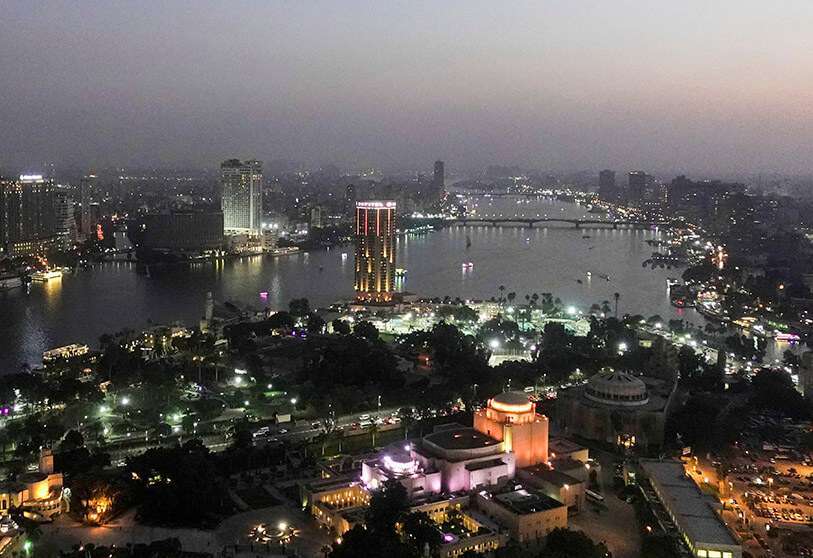
On the other hand, countries such as Saudi Arabia and the United Arab Emirates are experiencing a steady and growing economic recovery. According to the National Bank of Saudi Arabia, the bank reportedly announced a 20% increase in profits in the first quarter compared to last year. This increase translates into a profit of $907.6 million compared to the previous year, following an increase in total operating revenues.
Operating revenues increased by 8.8% year-on-year while total operating expenses declined by 8.9%, mainly due to a reduction in employee salaries and related expenses.
However, as a result of conflict and instability, lower oil prices and slow reforms, growth in the region is experiencing an economic slowdown. In Algeria and Iraq, output is expected to increase by only 0.9 %, and in the Islamic Republic of Iran by only 0.6 %.
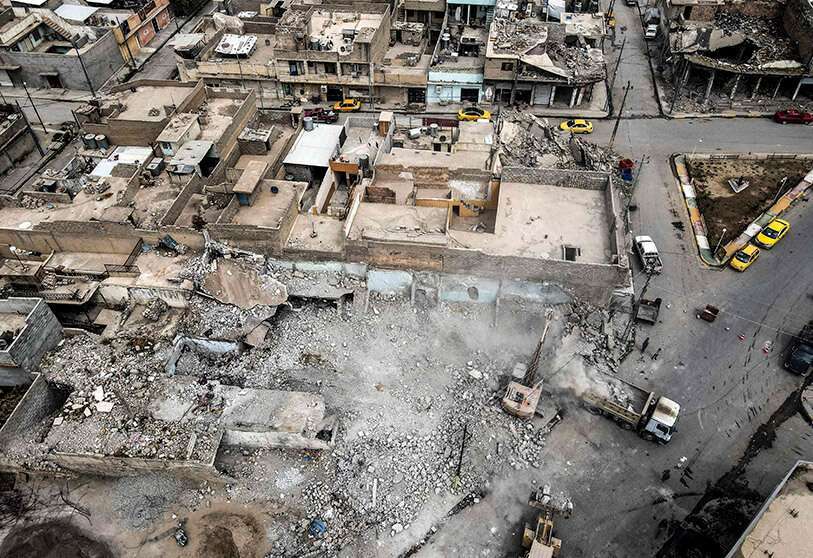
This situation makes it difficult to escape from extreme poverty in the region as levels remain very low at 2.6%. However, vulnerability to poverty continues to be on the rise, with 53% of the population living on USD 4 a day or less.








